The Great Dependence
By: Qaiser Alam
-
Rs 540.00
- Rs 1,200.00
- 55%
You save Rs 660.00.
Due to constant currency fluctuation, prices are subject to change with or without notice.
From roughly 2800 BC to 1967 AD no great work of literature has ever been written without a strong and abiding sense of religious sensibility on the part of the writer. It is not a matter, says the author of this volume, of subjective interpretation but is an objective fact which unequivocally establishes literature's indebtedness to religion and religious sensibility. Thus, the theme of the book is that religion has been a permanent backdrop against which great literary works have been composed. The Great Dependence traces this religious sensibility across history from Mesopotamia, India, Greece, Near East, Africa, Europe, Scandinavia, America and Latin America, in no less than fifty great works of literature which include epics, long poems, ballads, sonnets, poems, oriental verses, novels and plays. Based on this historical testimony and the close relationship between religion and literature which had been exhibit ed across history, the author maintains with some conviction that man has primarily been a theistic being and that by the same analogy, even in future no work of substantive literature can be written without the abiding presence of religious sensibility however meek or weak it may be. Given the span and scope of the book, it is indeed a groundbreaking study where religious sensibility, either in the form of archaic gods, myths or the God of the Abrahamic religions, is traced in diametrically different genres of literature and that too across a wide expanse of history and geographical areas. The book puts religion and especially literature, in an entirely new and amazing perspective. It is indeed a very well researched book where intellectual acumen is applied to the hilt and with a scholarly touch of abiding conscientiousness. The book certainly opens hitherto unknown but historically proven indebtedness of literature to religion. Because of the magnitude of its contents and diversity of writers it discusses, it certainly qualifies to be read by scholars as well as by he general readers.
From roughly 2800 BC to 1967 AD no great work of literature has ever been written without a strong and abiding sense of religious sensibility on the part of the writer. It is not a matter, says the author of this volume, of subjective interpretation but is an objective fact which unequivocally establishes literature's indebtedness to religion and religious sensibility. Thus, the theme of the book is that religion has been a permanent backdrop against which great literary works have been composed. The Great Dependence traces this religious sensibility across history from Mesopotamia, India, Greece, Near East, Africa, Europe, Scandinavia, America and Latin America, in no less than fifty great works of literature which include epics, long poems, ballads, sonnets, poems, oriental verses, novels and plays. Based on this historical testimony and the close relationship between religion and literature which had been exhibit ed across history, the author maintains with some conviction that man has primarily been a theistic being and that by the same analogy, even in future no work of substantive literature can be written without the abiding presence of religious sensibility however meek or weak it may be. Given the span and scope of the book, it is indeed a groundbreaking study where religious sensibility, either in the form of archaic gods, myths or the God of the Abrahamic religions, is traced in diametrically different genres of literature and that too across a wide expanse of history and geographical areas. The book puts religion and especially literature, in an entirely new and amazing perspective. It is indeed a very well researched book where intellectual acumen is applied to the hilt and with a scholarly touch of abiding conscientiousness. The book certainly opens hitherto unknown but historically proven indebtedness of literature to religion. Because of the magnitude of its contents and diversity of writers it discusses, it certainly qualifies to be read by scholars as well as by he general readers.
Mir and Ghalib in the Light of Eliot's Theory of Dissociation of Sensibility
By: Qaiser Alam
Rs 650.00 Rs 1,000.00 Ex Tax :Rs 650.00
Muhammad Hassan Askari ka Tasawwur-e-Insaan aur Aadmi
By: Qaiser Alam
Rs 720.00 Rs 1,600.00 Ex Tax :Rs 720.00
Zubin Mehta: A Musical Journey (An Authorized Biography)
By: VOID - Bakhtiar K. Dadabhoy
Rs 472.50 Rs 1,050.00 Ex Tax :Rs 472.50
Tablet and Pen: Literary Landscapes from the Modern Middle East Words Without Borders
By: Reza Aslan
Rs 4,156.75 Rs 6,395.00 Ex Tax :Rs 4,156.75
Tablet and Pen: Literary Landscapes from the Modern Middle East Words Without Borders
By: Reza Aslan
Rs 4,156.75 Rs 6,395.00 Ex Tax :Rs 4,156.75
No recently viewed books available at the moment.
Zubin Mehta: A Musical Journey (An Authorized Biography)
By: VOID - Bakhtiar K. Dadabhoy
Rs 472.50 Rs 1,050.00 Ex Tax :Rs 472.50
Mir and Ghalib in the Light of Eliot's Theory of Dissociation of Sensibility
By: Qaiser Alam
Rs 650.00 Rs 1,000.00 Ex Tax :Rs 650.00
Muhammad Hassan Askari ka Tasawwur-e-Insaan aur Aadmi
By: Qaiser Alam
Rs 720.00 Rs 1,600.00 Ex Tax :Rs 720.00
Tablet and Pen: Literary Landscapes from the Modern Middle East Words Without Borders
By: Reza Aslan
Rs 4,156.75 Rs 6,395.00 Ex Tax :Rs 4,156.75











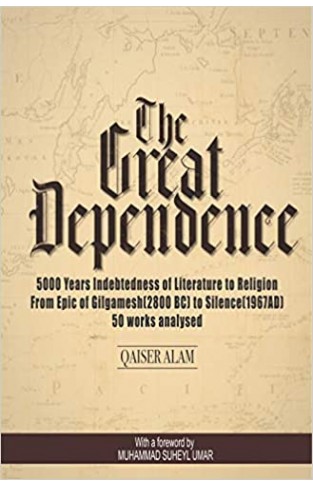
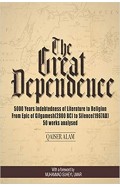
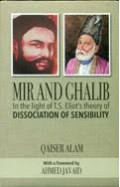
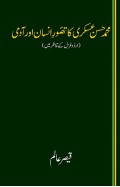
-120x187.jpg?q6)





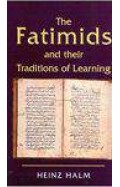
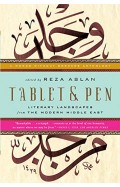
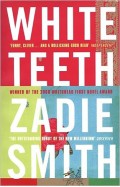



-120x187.jpg?q6)


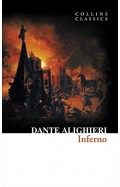
-120x187.jpg?q6)